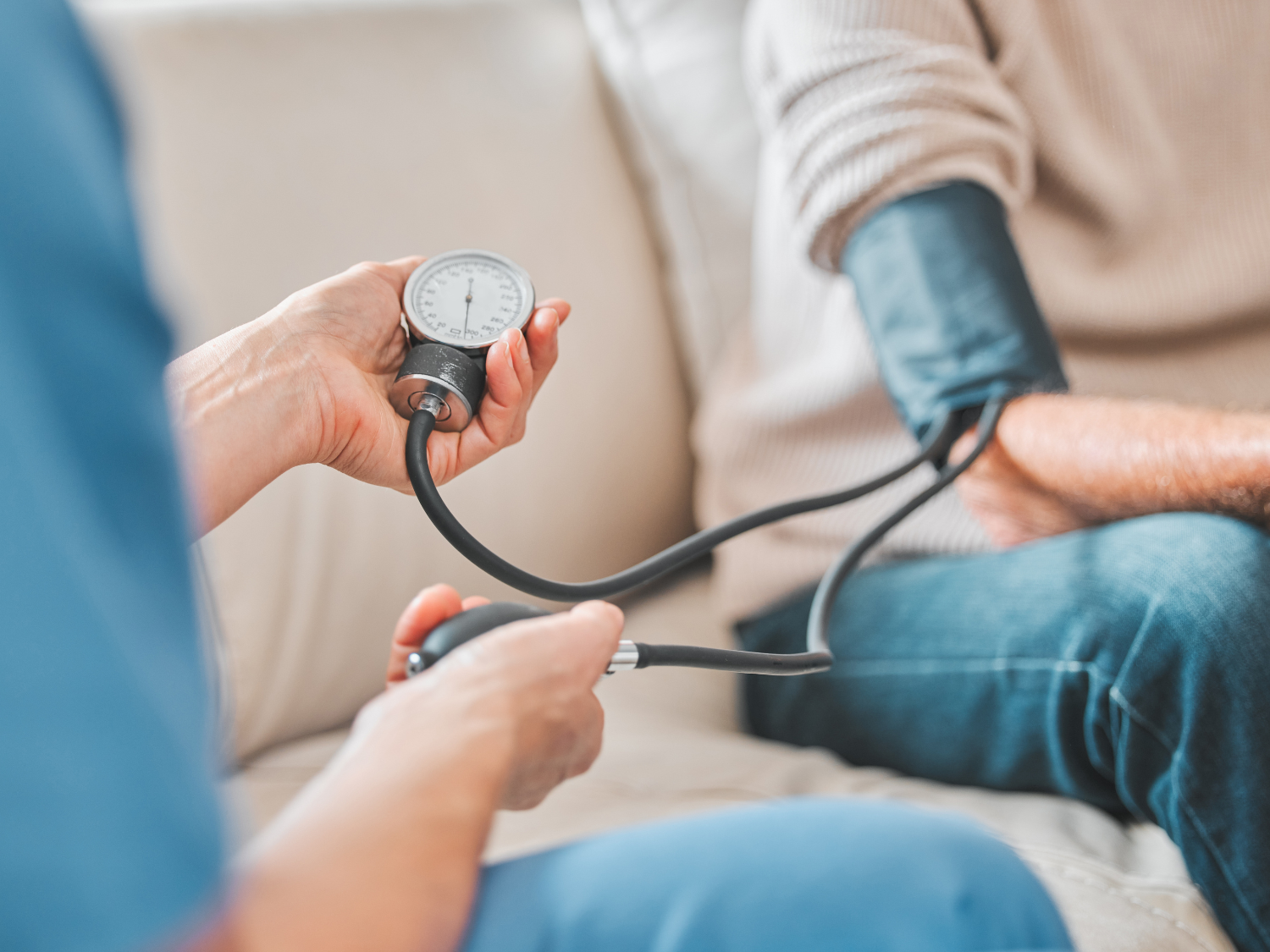더 자세히 알아보기

What the new high blood pressure guideline means for your health
더 자세히 알아보기
2025년보다 2026년을 더 건강하게 만들기 위한 작은 움직임
더 자세히 알아보기
Hypertension: What You Need to Know About the “Silent” Risk to Your Health
더 자세히 알아보기
Providence Health Plan 뉴스 당사가 서비스를 제공하는 지역사회를 돌보기 위해 취하고 있는 단계에 대해 알아보십시오.



